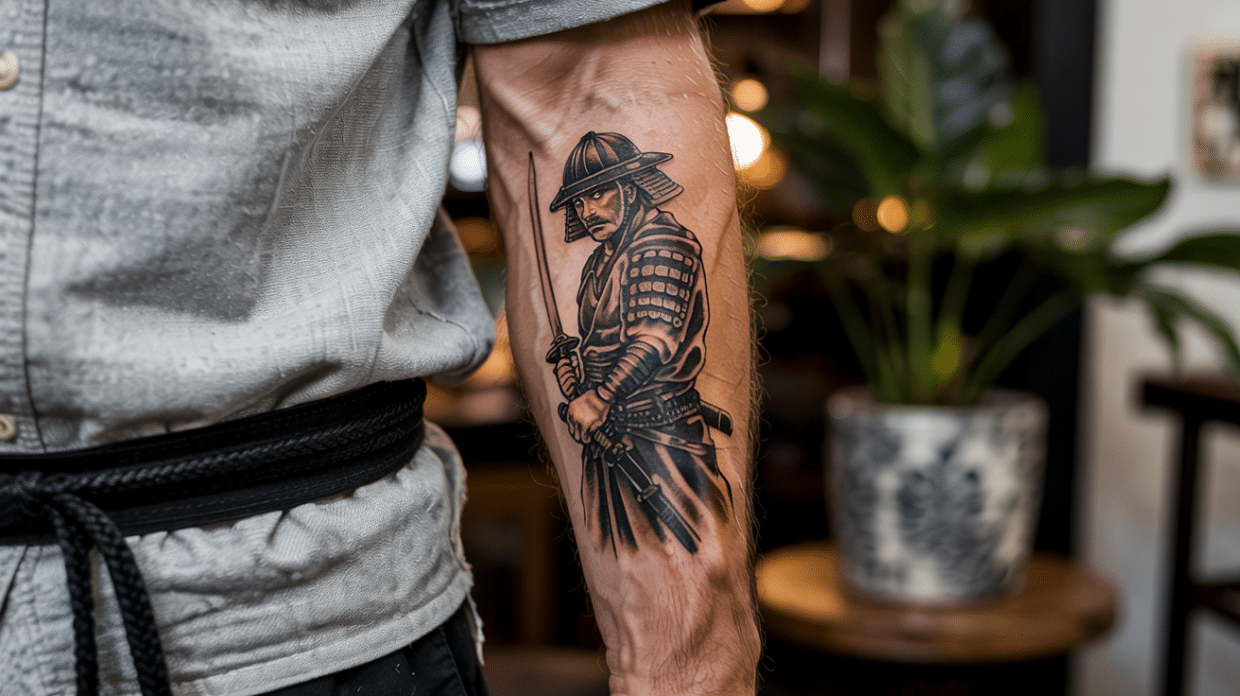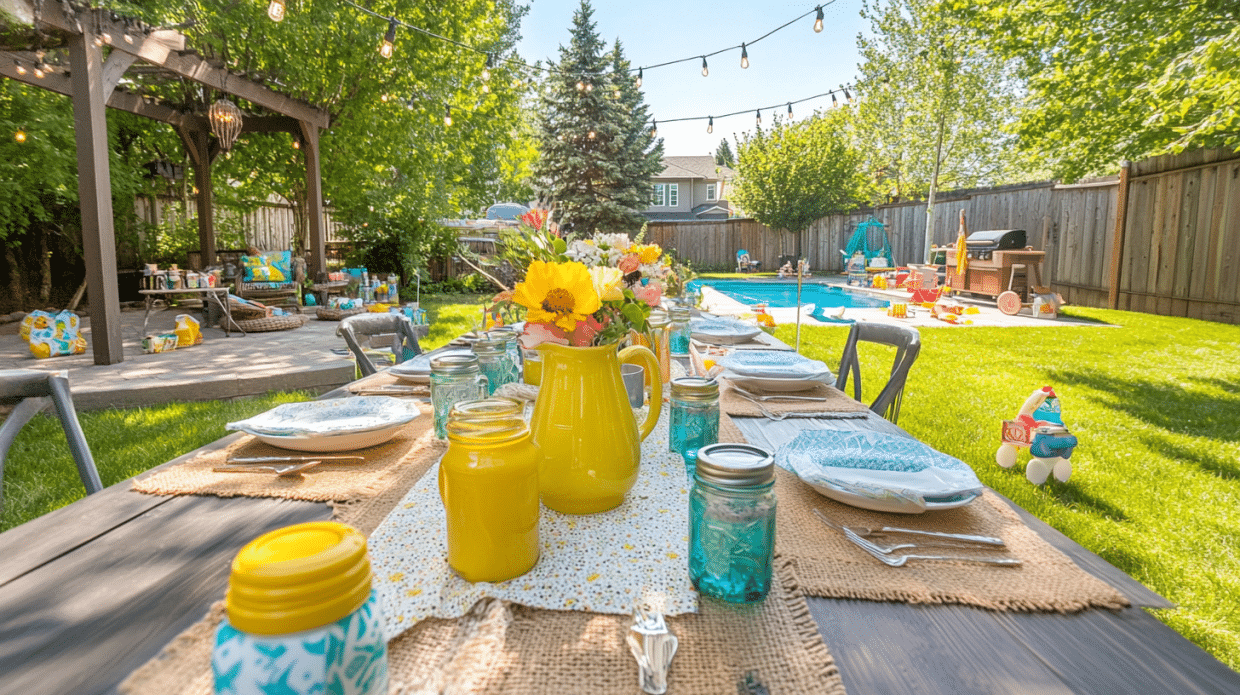Have you ever felt stuck in a friendship that doesn’t feel right anymore? It happens to all of us. Friends are important in our lives, but not all friendships are meant to last forever.
This blog looks at the 7 reasons to end a friendship that no longer helps you grow.
We’ll talk about why some friendships don’t work out, how to know when it’s time to say goodbye, and what steps to take before making this big choice.
Breaking up with a friend isn’t easy, but sometimes it’s the best thing for your mental health. Read on to learn how to spot the signs of a friendship that might be time to end and how to do it with kindness and respect.
Why Friendships Don’t Always Last
Friendships change over time, and that’s okay. As we grow up, our lives take different paths. What worked when we were younger might not fit anymore.
People change their ideas, goals, and what they care about. Sometimes friends move away or get busy with work or family.
Other times, you might find that you and a friend no longer share the same values or interests. It’s normal to feel sad when this happens. But it’s also a natural part of life.
Looking back, you can still value the good times you shared, even if the friendship doesn’t continue forever.
Is It Normal to End a Friendship?
Yes, ending a friendship is completely normal. Just like romantic relationships can end, friendships can too. Sometimes a friendship becomes harmful or makes you feel bad about yourself.
Other times, you might just grow apart as your lives head in different directions. Ending a friendship doesn’t mean you failed or did something wrong.
It shows you know what’s good for you and your mental health. It might hurt to say goodbye to someone who was once close to you.
But making room for healthy relationships is important for your well-being. Taking care of yourself includes choosing who you spend time with.
7 Reasons to End a Friendship
Sometimes friendships no longer work for us. Here are seven signs that it might be time to step back from a friendship and focus on your own well-being.
1. The Friendship Is Emotionally Draining
You notice that after hanging out with this friend, you feel worn out instead of happy. Your energy drops when they call or text. You might worry about what they’ll say or do next.
A good friendship should make you feel better, not worse. If you need to rest after seeing them, or if you feel stressed thinking about meeting up, this is a clear sign that something isn’t right.
Your friendships should add to your life, not take away from it.
2. They Constantly Cross Your Boundaries
You’ve told your friend what makes you uncomfortable, but they keep doing those things anyway. Maybe you asked them not to share your private stories, but they tell everyone.
Or you said you can’t lend money, but they keep asking. When someone doesn’t respect your limits, they’re showing they don’t truly respect you.
You deserve friends who listen when you speak up about what you need and don’t need in the friendship.
3. The Relationship Feels One-Sided
You’re always the person who reaches out first. You plan all the get-togethers and keep the talks going.
When you need help, they’re busy, but you drop everything when they call. In a healthy friendship, both people put in effort. If you stopped trying, would the friendship still exist?
If the answer is no, you might be in a one-sided relationship that’s not worth keeping up.
4. Trust Has Been Broken Repeatedly
Your friend has lied to you more than once. Maybe they talked about you behind your back or shared your secrets with others.
Perhaps they made plans with you but never showed up. When trust breaks again and again, it’s hard to fix.
A friendship needs trust as its base. Without it, you can’t feel safe or open with that person. If you can’t trust your friend, it might be time to walk away.
5. They Compete Instead of Support
When good things happen in your life, this friend doesn’t seem happy for you. They might change the subject, point out problems, or try to top your news with their own.
Real friends cheer for your wins and help you through tough times. If your friend seems upset when things go well for you, they might not want what’s best for you.
You need people who are glad when you do well.
6. They Bring Negativity into Your Life
Your friend always seems to focus on bad news. They find fault with everyone and everything. They pull you into fights that don’t involve you.
After talking with them, you feel down or worried. While it’s normal for friends to vent sometimes, it’s not healthy if all they do is complain.
You should feel mostly good, not bad, after spending time with a friend.
7. You’ve Grown in Different Directions
What you care about now is very different from what your friend cares about. The things that used to connect you don’t matter as much anymore.
Maybe you’ve changed your habits, picked up new hobbies, or see life in a new way. Not all friendships are meant to last forever.
It’s okay to admit that you no longer fit well together. Sometimes the kindest choice is to let go and make space for new connections.
What to Do Before Ending a Friendship
Before you cut ties with a friend, take some steps to make sure it’s the right choice. Not all friendship problems mean the end.
Here are some things to try first:
- Talk with your friend about how you feel. Share what’s bothering you without blaming them. Use “I” statements like “I feel left out when…” instead of “You always…”
- Tell your friend what you need. For example, “I need you to ask before sharing my personal stories.” See if they can respect these limits.
- Take a short break from seeing each other. This gives both of you time to think about the friendship without making a final choice.
- Ask yourself if this is truly about the friendship or if you’re upset about something else. Sometimes we push people away when we’re going through hard times.
How to End a Friendship Respectfully
Ending a friendship doesn’t have to be mean or messy. With care and thought, you can part ways while showing respect for the time you shared.
Here are some tips to help you handle this tough task:
- Be honest but gentle. Say what you need to say without harsh words. Something like “I’ve noticed we’ve been growing apart” works better than listing all their faults.
- Talk in person if possible, in a quiet place where you won’t be interrupted. A coffee shop or park can work well. Avoid public events or group settings.
- Talk about your own needs and feelings instead of what they did wrong. “I need more space right now” sounds better than “You’re too needy.”
- Accept that they might not agree with your choice or want to talk more about it. Sometimes, a clean break is all you get, and that’s okay, too.
How to Heal After a Friendship Breakup
Losing a friend can hurt just as much as a romantic breakup. It’s normal to feel sad, angry, or confused when a friendship ends. Give yourself time to feel these emotions without judging yourself.
It might take weeks or even months to feel better, and that’s okay. Spend time with other friends and family who make you feel good about yourself. Writing down your thoughts in a journal can help you make sense of what happened.
Talking with someone you trust, like another friend or family member, can also help you process your feelings.
Try to learn from this experience. Think about what worked and what didn’t in the friendship. This can help you build stronger connections in the future.
Remember that ending a friendship doesn’t mean you failed – it shows you know what you need.
Wrapping Up
Ending a friendship is never easy, but knowing the reasons to end a friendship helps you make better choices about who stays in your life.
It’s okay to let go of connections that no longer feel good. If you’re thinking about ending a friendship, try talking things out first. Set clear limits. Take time apart to think.
If you decide to move on, be kind but honest. Afterward, give yourself space to feel sad. Talk to people who care. Write down your thoughts.
Each friendship teaches you something. Your time is valuable; spend it with people who support your growth.
Ready to take the next step? Reflect on what this friendship means to you and choose what’s best for your well-being today








